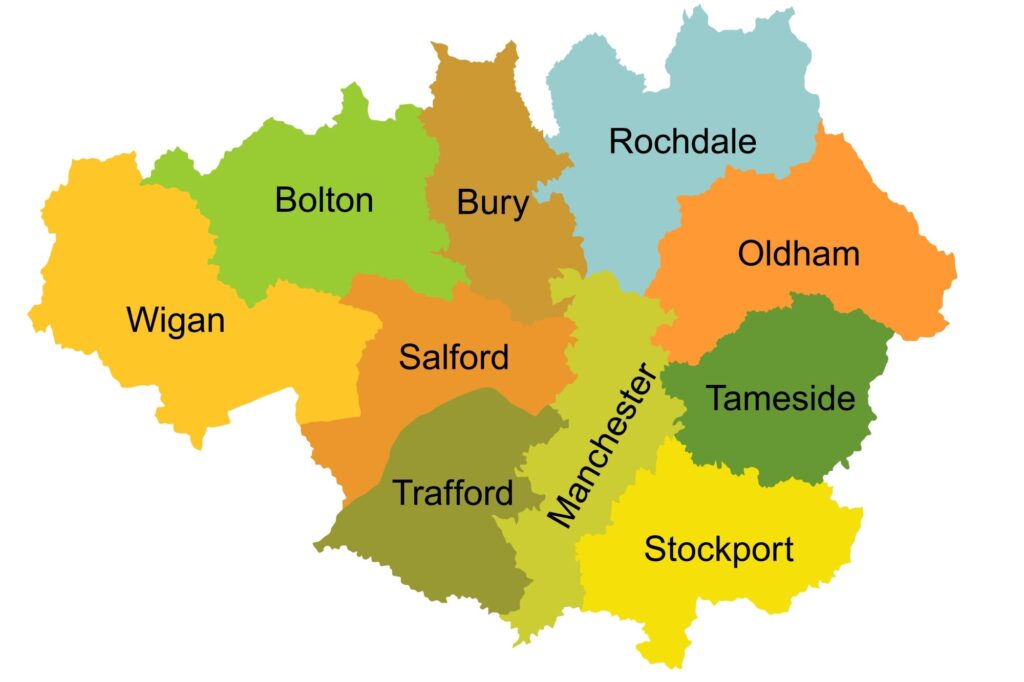Employing migrants in jobs they are qualified for could help their integration into society and boost the UK’s economy by £7bn, a think tank has said.
In a new report, the Institute for Public Policy Research (IPPR) said that reducing migrant over-qualification to the levels of UK-born workers would benefit the UK’s economy by bringing about higher wages and productivity.
Fully integrating migrants into the labour market could also help build public consent for migration in communities and help improve migrants’ working conditions, the report also argues.
‘We are currently wasting the qualifications and skills of hundreds of thousands of migrants working in low-skilled jobs,’ said IPPR senior research fellow Marley Morris.
‘With the spending review on the horizon, investing in initiatives to match these skills to the right jobs should be an easy win for the government.
‘By focusing on bringing down barriers to migrants succeeding in the workplace, the government could help to boost productivity, increase tax revenues, and support migrant integration.’
The UK’s economy currently suffers from persistently low productivity due to its often over-qualified workforce, with this particularly affecting migrant workers.
A third of migrant workers are currently employed in jobs they are over-qualified for, while 40% of workers from Central and Eastern European states are over-qualified.
The IPPR’s report, Measuring the Benefits of Integration, found that while EU migrant workers have a higher employment rate than UK-born workers, their job quality is notably worse, with Central and European workers enduring more hours and earning lower wages on average.
According to the report, English language proficiency is one of the biggest barriers to migrants being fully integrated into the labour market, while funding for English language (ESOL) courses has fallen by over half since 2010.
The IPPR has urged the government to restore full funding for ESOL courses for those on means-tested benefits and end restrictions on ESOL funding in the workplace.
The think tank also said the government should support pilot projects around recognising international qualifications and skills – focusing on sectors facing skills shortages – and introduce ‘local integration funds’ to devolve integration funding to local authorities.
The think tank stressed that the government’s upcoming spending review presents an opportunity for it to fund a more proactive approach to integration.
‘If the government is committed to tackling inequalities in our labour market, to maximising the contribution of migrants, and to facilitating greater social contact between communities, then this funding settlement will be a critical step in bringing its integration ambitions into reality,’ the IPPR’s report concluded.
The government published its Integrated Communities Action Plan earlier this year, which is based on last year’s Integrated Communities Strategy.

















Leave a Reply